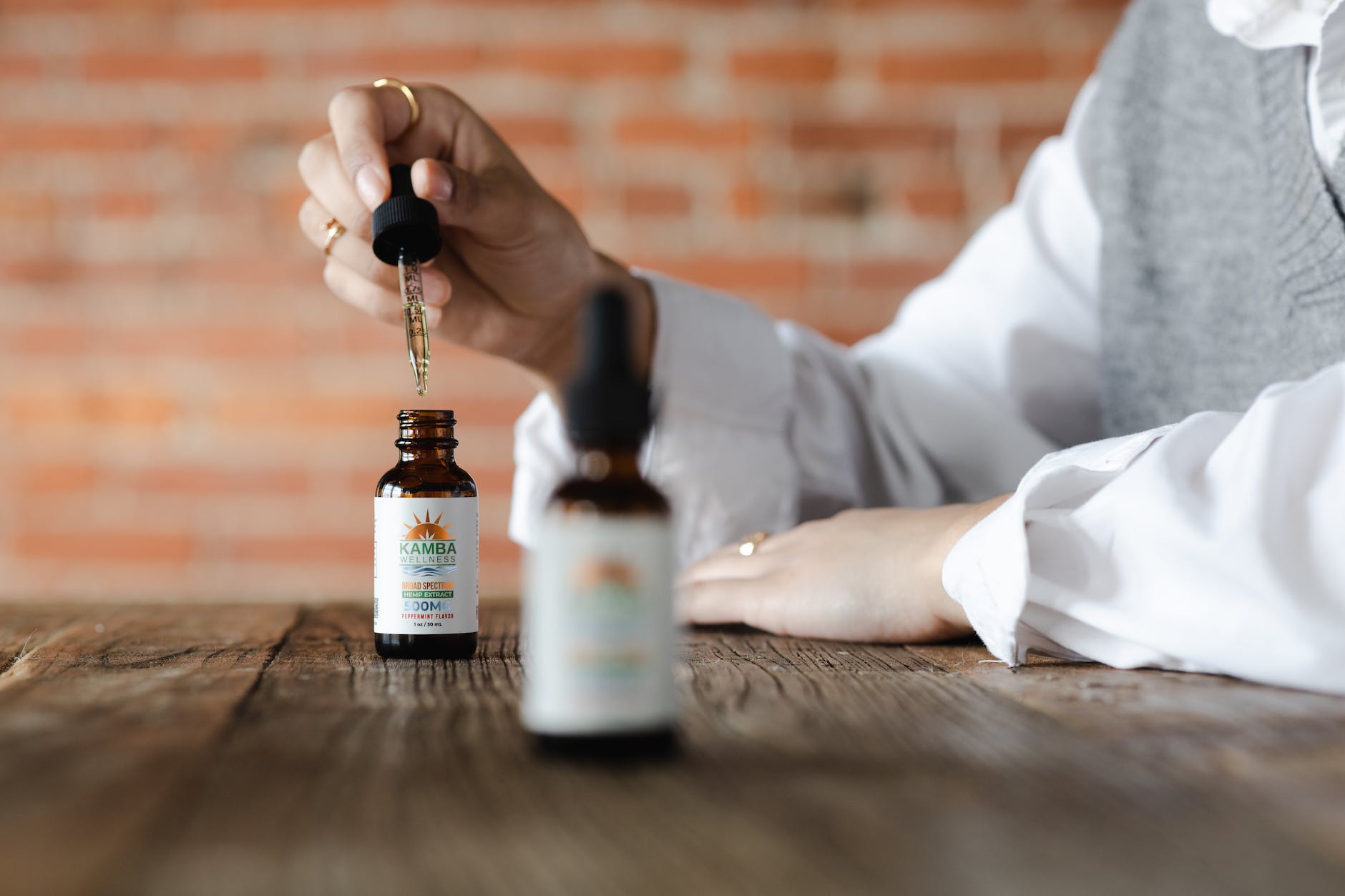Enhancing Sleep Quality with CBD: A Breakdown on its Efficacy for Sleep Disorders

As our modern society grapples with overly demanding schedules, stressors, and underlying health issues, sleep disorders like insomnia have become an all too common occurrence. It’s no wonder that people have been seeking natural sleep aids to mitigate the impact of sleep deprivation. One such popular alternative is CBD. But how effective is the use of CBD for sleep disorders?
CBD (short for Cannabidiol), a non-psychoactive component derived from hemp plants, is often associated with relaxation and calm, hence the arising interest in CBD for better sleep. Unlike THC (tetrahydrocannabinol), CBD doesn’t get the user high but instead offers a slew of potential health benefits, one of them being promoting restful sleep source.
While research about CBD and its impact on health is still ongoing, early studies and anecdotal testimonials often point toward CBD oil for insomnia and other sleep disorders. With various products available in the market, such as CBD capsules for sleep, figuring out what works best needs a deeper understanding.
CBD’s potential in improving sleep patterns with CBD stems largely from its impact on the underlying causes of insomnia. Several factors contribute to sleep deprivation, including mental health disorders like anxiety, chronic pain, and the continuous cycle of medications and sleep disturbances.
Research suggests that CBD holds promise in managing these issues, thereby indirectly aiding sleep. For instance, a 2019 study showed that anxiety scores decreased in 79.2% of patients within the first month of CBD use, and sleep scores improved for 66.7% of the patients – showcasing the potential of CBD in improving sleep and reducing anxiety source.
Additionally, CBD’s ability to reduce chronic pain contributes to its use for sleep disorders. Through its interaction with the body’s natural endocannabinoid system, CBD could reduce inflammation and pain levels, again promoting better sleep quality source.
While the aforementioned evidence suggests a positive correlation between CBD and sleep quality, it’s important to consider that the effectiveness of CBD for sleep disorders can be influenced by other variables like dosage and individual differences in response to CBD.
Determining the right dosage of CBD oil for insomnia can be tricky because the optimal dose may vary from person to person. Some studies suggest that low doses of CBD can actually have a stimulating effect, while higher doses are more likely to have a sedating effect source. Thus, it’s crucial to start with a lower dosage, gradually increasing until the desired effect is achieved.
Another consideration is the formulation of the CBD product being used. Full-spectrum CBD products, which contain other cannabinoids and terpenes in addition to CBD, are thought to produce an ‘entourage effect’, potentially having greater benefits than CBD alone. Therefore, individuals might find better results with full-spectrum CBD capsules for sleep rather than isolated CBD.
Ultimately, while CBD holds potential as a natural remedy for sleep problems, further research is required to firmly establish its efficacy and safety. Consulting with a health professional before using CBD for sleep deprivation is the most reliable way to ensure it is suitable for your situation.
In conclusion, the use of CBD for sleep disorders is an exciting field with much promise, but it’s important to approach it with a proper understanding of its underlying mechanisms, potential benefits, and limitations. With careful usage, reliable products, and professional advice, CBD might just be the natural answer to a restful night’s sleep.
Please note the information contained in this article is not intended as medical advice but rather as a discussion around ongoing research and emerging trends.
As our modern society grapples with overly demanding schedules, stressors, and underlying health issues, sleep disorders like insomnia have become an all too common occurrence. It’s no wonder that people have been seeking natural sleep aids to mitigate the impact of sleep deprivation. One such popular alternative is CBD. But how effective is the use…
Recent Posts
- The Emerging Frontiers: The Future of CBD Research and Development
- CBD and Sleep: Unraveling the Beneficial Effects of Cannabidiol on Insomnia
- Embracing the Renaissance: CBD in Skincare and the Latest Trends
- Exploring the Multifaceted Methods of Consuming CBD
- Exploring the Benefits and Safety of CBD for Pets
Recent Comments
Categories
- Alternative and Natural Health Remedies
- Alternative Health and Wellness
- Alternative Medicine and Pain Management
- Beauty and Skincare
- Beauty and Wellness
- CBD and Health
- CBD and Law
- CBD and Mental Health
- CBD Consumption
- CBD Education & Research
- CBD Laws Worldwide
- CBD Legalities and Regulations
- CBD Legality
- CBD Products
- Cooking and Wellness
- Fitness and Wellness
- Health and Beauty
- Health and Fitness
- Health and Fitness, CBD Use
- Health and Law
- Health and Science
- Health and Skincare
- Health and Sports
- Health and Wellness
- Health and Wellness, Skincare
- Healthcare and Wellness
- International Law
- Law and Cannabis Industry
- Law and Regulations
- Law, Health, and Regulations
- Legal
- Legal Regulations on CBD
- Legal Resources
- Legal/CBD Industry
- Legal/Fitness & Health
- Mental Health and Wellness
- Mental Health, Natural Remedies
- Natural Remedies
- Natural Remedies and Alternative Medicine
- Pet Care and CBD
- Pet Health and Wellness
- Pet Wellness/Animal Health
- Science and Health
- Science, Health and Wellness
- Skin Care and Wellness
- Skin Health & Wellness
- Skincare – Natural Remedies
- Skincare and Beauty
- Skincare and Wellness
- skincare, beauty, CBD, wellness
- Sleep Health and Wellness
- Uncategorized